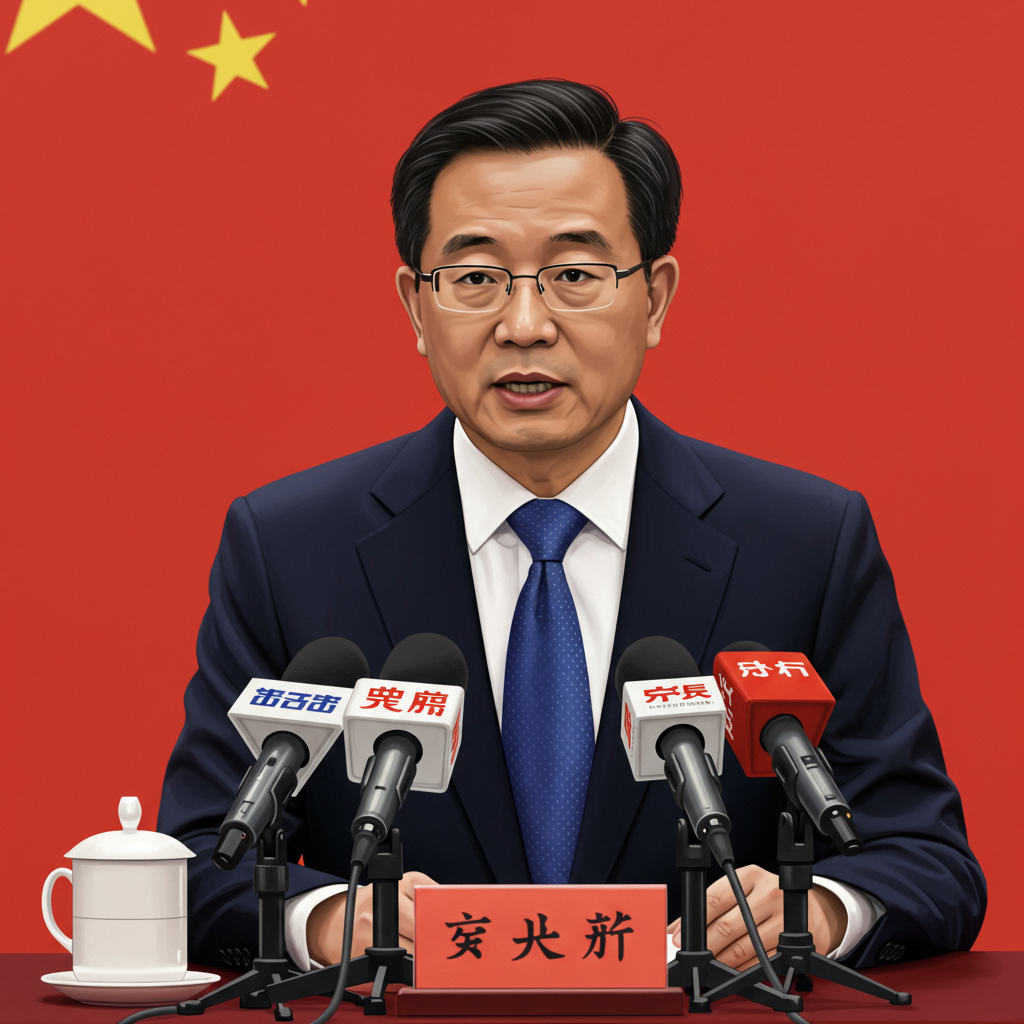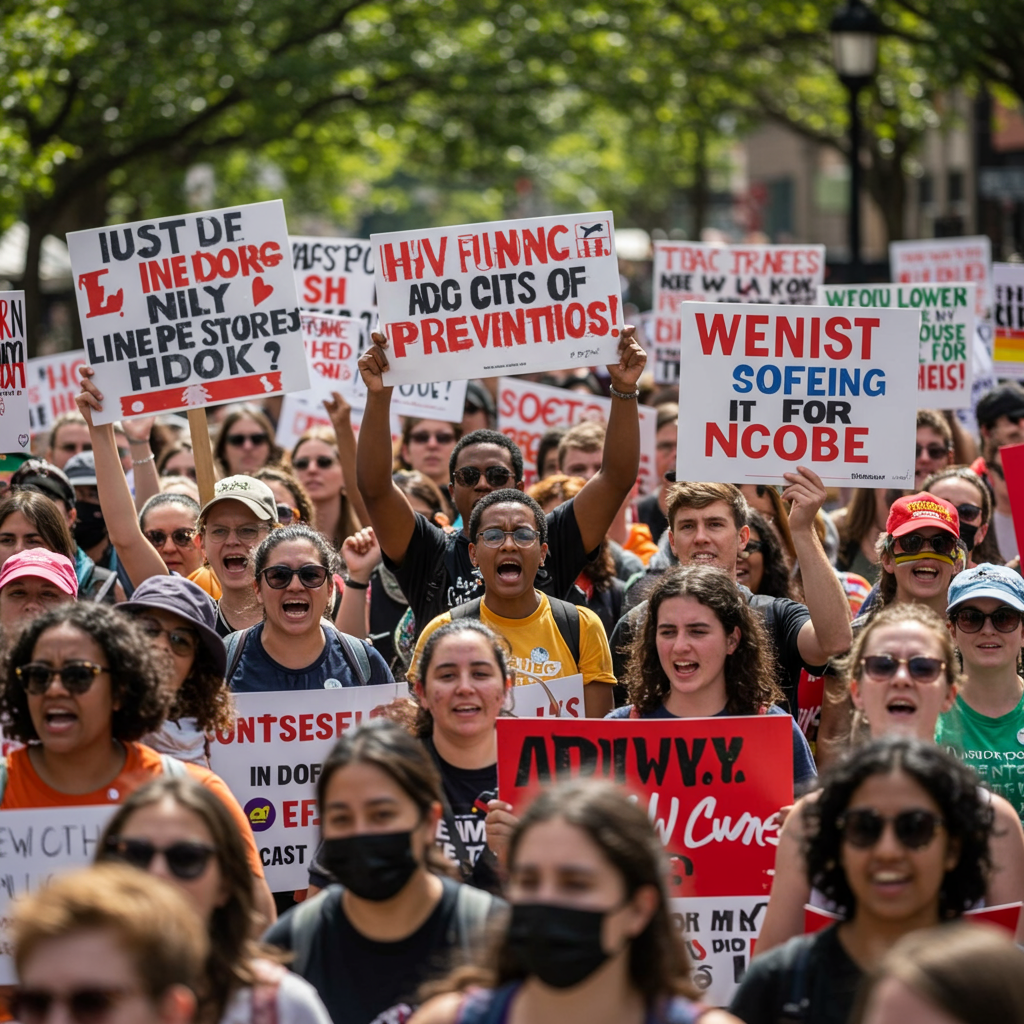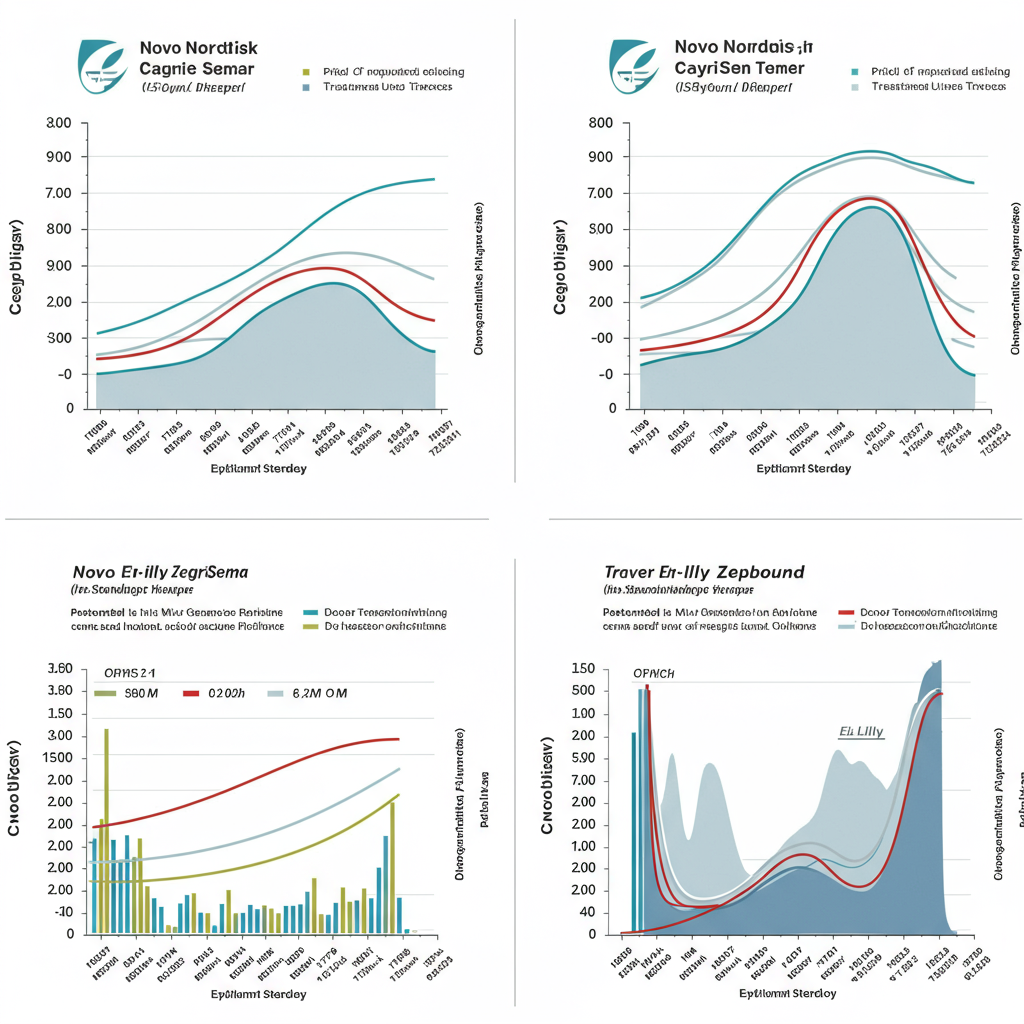Amidst rapidly escalating conflict between Iran and Israel, China has launched significant evacuation efforts, pulling thousands of its citizens out of the volatile region. The humanitarian operation highlights the growing international concern and impact of the intensifying hostilities.
Scale of Evacuations and China’s Diplomatic Stance
According to Chinese Foreign Ministry spokesperson Guo Jiakun, speaking at a regular press conference in Beijing, over 1,600 Chinese nationals have been successfully evacuated from Iran. Hundreds more citizens have also been evacuated from Israel.
Evacuation operations are actively continuing, with China maintaining direct communication with key regional players including Iran, Israel, Egypt, and Oman. Beijing is publicly calling for immediate steps to de-escalate the dangerous situation as quickly as possible and has urged all parties involved, specifically Israel, to implement a swift ceasefire.
Logistical Challenges and Border Warnings
The mass exodus of foreign nationals, including the large contingent of Chinese citizens, is reportedly causing significant congestion at regional border crossings. The Chinese embassy in Iran has issued warnings to its citizens planning to leave the country via land routes, cautioning them to prepare for potentially longer immigration processing times.
Congestion has been noted specifically at two major land checkpoints: Astara, which leads into Azerbaijan (490 km from Tehran), and Bajgiran, which borders Turkmenistan (910 km from Tehran). Citizens are also being advised by the embassy of alternative viable land routes for departure, including through Turkey, Armenia, and Iraq.
Separately, the Chinese embassy in Israel announced plans to begin evacuating its citizens in batches starting on Friday, June 20th. These individuals wishing to leave are being transported by bus from Tel Aviv to the Taba Border Crossing into Egypt, located approximately 360 km away.
The Intensifying Conflict Context
The necessity for these widespread evacuations underscores the severity of the conflict, which has now entered its second week with no clear path towards de-escalation. This unprecedented direct confrontation between Iran and Israel involves intense air and missile exchanges, raising fears of broader regional instability and potential global implications, including risks to global energy supplies.
Israel has reportedly launched extensive strikes targeting Iranian nuclear facilities, including sites at Natanz, Isfahan, and the Arak heavy-water reactor, as well as military command centers and research bodies. Israel states its aim is to prevent Iran from developing nuclear weapons and destroy its missile capabilities. Iran, which maintains its nuclear program is peaceful, has retaliated with missile and drone strikes on Israeli cities such as Beersheba, Tel Aviv, and Haifa, as well as military and industrial sites. Reports indicate that Iranian missiles have managed to penetrate Israeli air defenses, causing civilian casualties.
Both sides report significant human cost; hundreds of Iranians, largely civilians, have reportedly died from Israeli attacks, while dozens of Israeli civilians have been killed by Iranian missile strikes. The conflict has triggered widespread international concern and prompted numerous other countries, including Australia, France, Germany, India, Italy, Japan, Poland, Taiwan, the United States, and Vietnam, among many others, to undertake similar evacuation efforts for their citizens trapped in the escalating violence.
Diplomatic efforts face significant hurdles, with Iran stating it will not engage in negotiations regarding its nuclear program while under Israeli attack. The situation has also seen Iran reportedly appeal directly to US President Donald Trump to pressure Israel to cease its military actions, arguing a call from Washington could end the aggression. However, scheduled US-Iran talks have been cancelled, suggesting diplomatic pathways remain challenging amidst the active fighting.
As China works to ensure the safety of its nationals through these extensive evacuation efforts, the Iran-Israel conflict continues to deepen, posing significant humanitarian and regional security challenges and highlighting the urgent global need for de-escalation.



